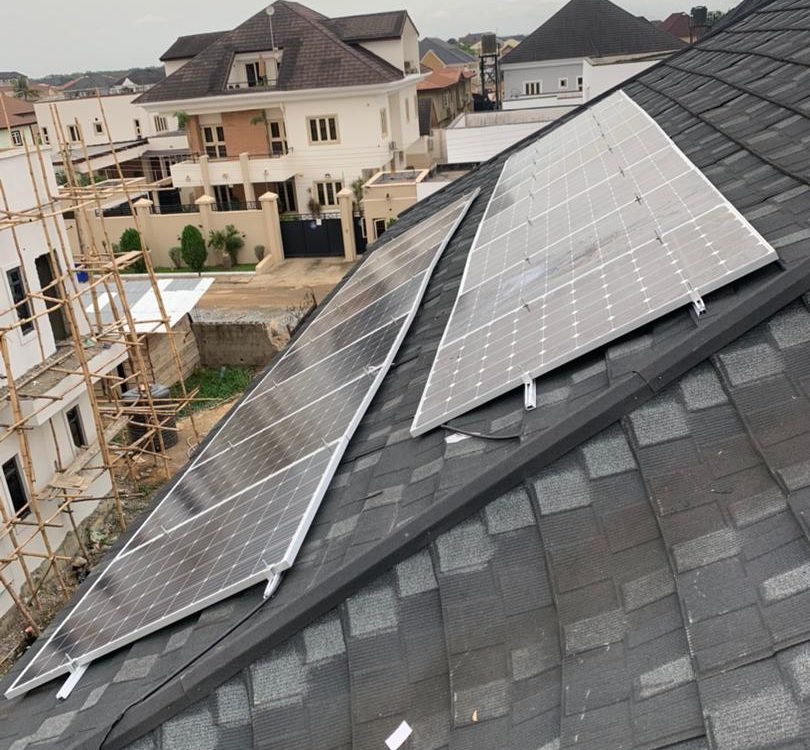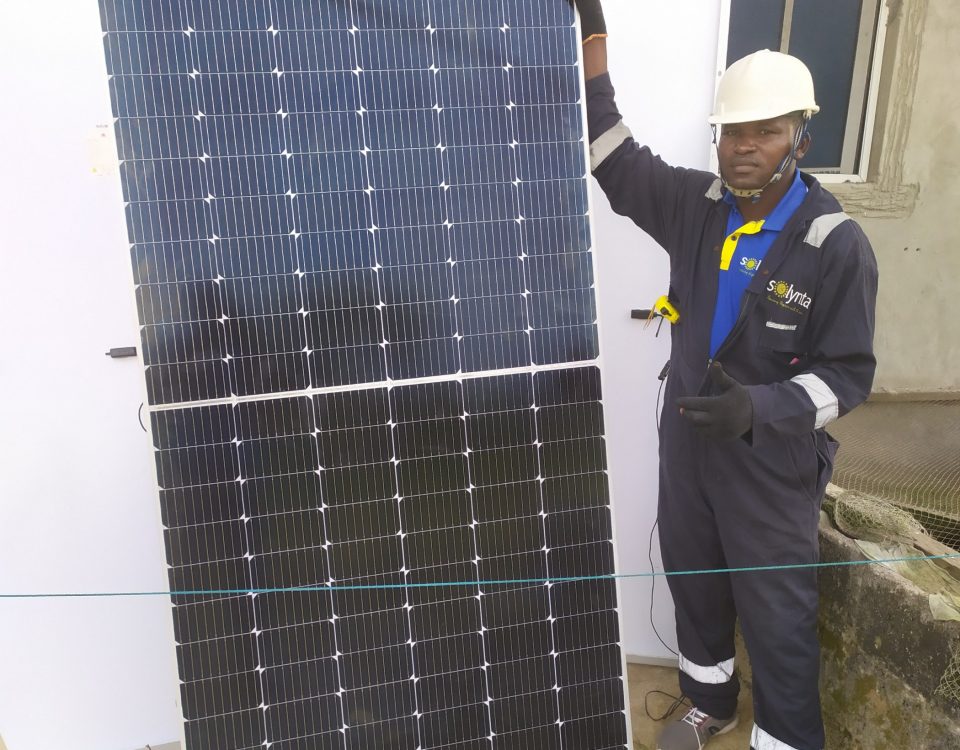How can I get more energy from my solar power system during rainy season?

Nigerian Mom Designs Innovative Solar-Powered Crib To Treat Baby Jaundice
2022-04-13
Nigerian entrepreneur builds electric mini-buses in clean energy push
2022-05-24Rainy season is fast approaching and one of the most common questions we get asked by homeowners considering going solar is ‘Does the technology function during this time of year?’ The simple answer is yes. It’s a misconception that solar does not work when it rains as solar panels use direct or indirect sunlight to generate power. Even on a cloudy or rainy day there will be some visible light. However, the amount of energy your panels can harness will be significantly less.
Thank you for reading this post, don't forget to subscribe!Here are some interesting statistics:
- On cloudy days solar panels generate between 30-50% of their optimum generation
- On rainy days solar panels generate between 10-20% of their optimum generation
As you can see, you solar home system will work but not at its peak, so you will need to make some adjustments to your energy usage particularly if you experience consecutive days of rain . Here are the key ways you can get more energy from your system during the rainy season.
- Don’t use your full system capacity
Use 20% of your total system capacity per time to avoid rapid battery drainage during the rainy season. This means reducing the number of appliances you would normally run and their duration. It’s a simple step that will ensure that you have some power stored in your batteries for the evening when you panels do not generate any energy. - Monitor your energy usage levels throughout the day
Your Smart Inverter has a battery indicator on the screen. The bars indicate the level of charge in your batteries (just like our cell phones). It is advisable to reduce the appliances you are running when 2 bars or less are showing on your battery indicator. This will ensure that you have sufficient backup power. - Turn off unused appliances
It’s not uncommon for homeowners to leave appliances running when not in use. To prevent this all members of the family should be committed to turning off appliances when they leave the room as this will conserve power and extend your usage time during the rainy season. It is important that you switch devices off from the mains otherwise they will still draw charge. - Power off completely
If the inverter beeps take action immediately and turn off all your appliances to avoid deep discharge of the batteries which will shorten their lifespan. If you have some PHCN light each day this scenario is much less likely to happen compared to if you are completely off-grid. - Invest in energy saving equipment
These are appliances that require less energy to carry out the same function. For example, a regular light bulb requires 60 watts whilst an LED bulb only needs 8 watts to produce the same light. You can also swap your ox fan with a standing fan which draws significantly less power. If you’re not sure of your device wattage you can this information on its label. More energy efficient appliances will draw less power which will keep your home running for longer when its cloudy or rainy - Upgrade
If all else fails, you can also upgrade to a larger system if your provider offers this service. This way you will have more electricity stored in your batteries
To conclude this article, solar panels generate electricity during rain. It will not be as much as sunny days but there will be generation. By following some simple energy management steps you won’t be left without power at any time of the year.
If you’re not yet enjoying the comfort and huge savings of a solar home system, find out how to get installed here.




